‘Can’t sell its cars’: Horror news for Tesla owners as prices plunge
The cost of buying a Tesla, the world’s most popular electric vehicle, has plunged in recent times, pointing to trouble at the auto giant.
Motoring News
Don't miss out on the headlines from Motoring News. Followed categories will be added to My News.
A slump in demand for Teslas and a backlog of supply of new vehicles have seen prices slashed in Australia, sparking concern and anger among owners of the iconic electric vehicles.
About this time two years ago, a Model Y rear-wheel drive was fetching $72,300 drive away, with the price dipping marginally to about $69,000 some 12 months later.
Right now, the top-selling EV from the American automaker, owned and run by controversial billionaire Elon Musk, is considerably cheaper – in the ballpark of $60,900.
A Sunshine Coast man picked up his new Model Y recently, which he bought for $60,000 plus on-road coasts, and was dismayed to see the same deal two weeks later for $5000 less.
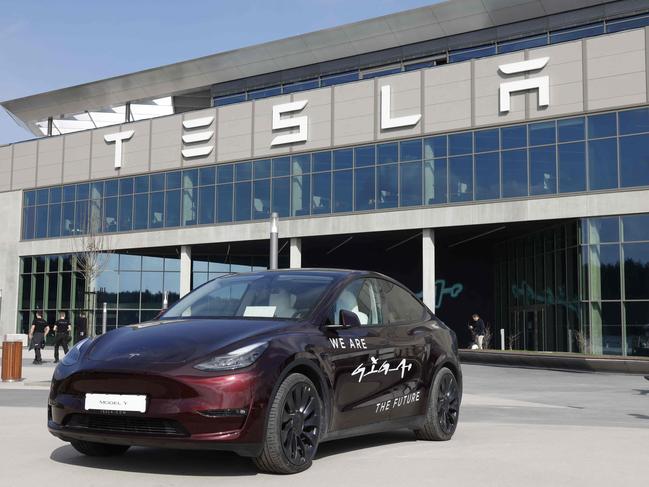
“Basically, Tesla can’t sell its cars due to Elon’s behaviour,” finance giant Ross Gerber declared on X, formerly Twitter, last month.
Mr Gerber is the chief executive of investment firm Gerber Kawasaki and an investor in Tesla itself and lays the blame for the automaker’s underwhelming performance at the feet of Mr Musk.
Demand for Teslas slumps
In the first quarter of 2024, Tesla sold more than 386,000 vehicles globally, making it the world’s biggest EV brand.
But that number was significantly lower than the sales forecast of 457,000 vehicles, which the company and Wall Street had been banking on.
It was also 20 per cent down on the December quarter results and more than eight per cent lower than the same quarter in 2023.
Tesla blamed its flat results on shipping disruptions in the Red Sea and an arson attack at its German factory, but Mr Gerber isn’t convinced.
In his spray on X, which Mr Musk owns, he said: “Let’s stop blaming the Houthi rebels or German environmental terrorists. Or a recession that never came. Or interest rates. Only one person responsible for this.”
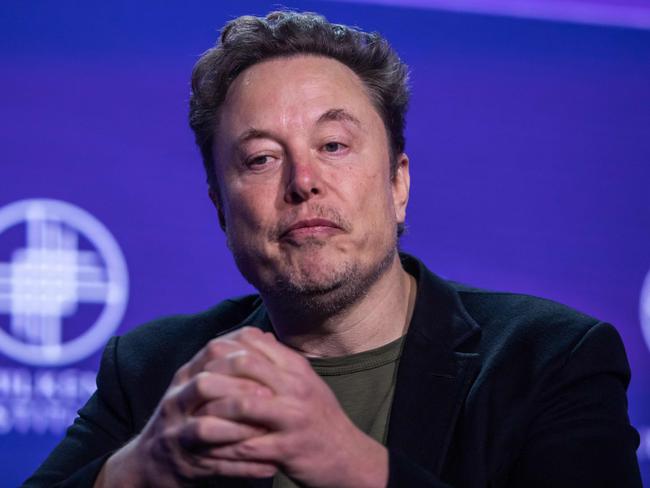
Indeed, Tesla’s reported data shows it produced a surplus of 46,000 vehicles in the first quarter of 2024, so its lacklustre performance isn’t to do with supply.
Daniel Ives, managing director at US financial company Wedbush Securities, told the Guardian that the majority of the result could be blamed on issues in China and a broader fall in demand for EVs.
But Mr Ives conceded about a third of the blame should go to Mr Musk and his shaky personal brand.
Tesla prices slip
Scott Dwyer, research director at the Institute for Sustainable Futures at the University of Technology Sydney, said there are a few unique factors at play in Australia.
“We’ve seen prices drop for the Model Y and Model 3, the two best-selling vehicle models in that class in Australia, and also worldwide,” Dr Dwyer said.
“But in Australia, we’ve also seen price drops by other automakers like BMW, Mercedes, Nissan, Polestar and BYD.”
Is the country’s fascination with EVs already over? Not quite, Dr Dwyer said.
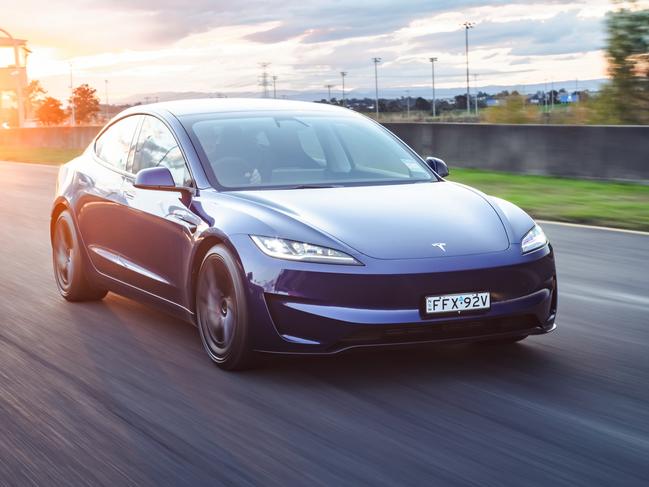
EV sales have plummeted in China on the back of reduced consumer spending while trade tariffs imposed on the country by the United States and mooted by Europe have hurt EV exports, he explained.
In Australia, a lack of trade tariffs and a view that it’s still something of an untapped market have seen major Chinese players, particularly BYD, send more models and more stock here.
“I think Australia looks like a really attractive market,” he said.
“One-in-10 cars sold here are EVs. There’s a lot of activity from Chinese brands and so more and more choice is coming to market.”
More competition inevitably means lower prices.
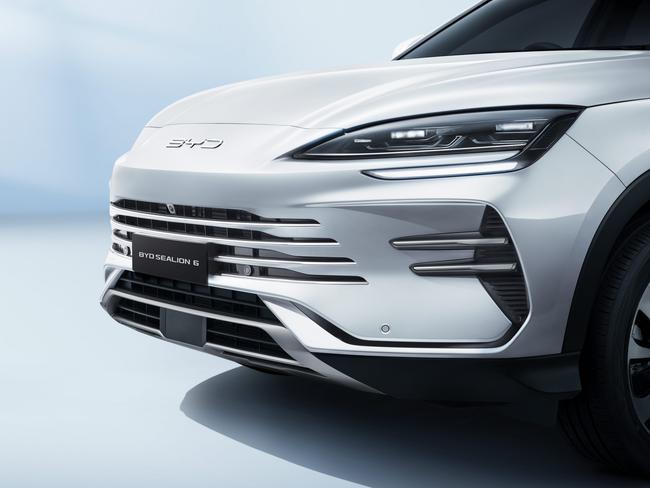
Cost-of-living pressures in much of the United Kingdom, Europe and US have also likely had an impact on demand on major purchase decision-making.
That doesn’t seem to be the case here, with April marking the biggest month ever for the new car market, with 97,202 cars driving out of dealerships across the country.
“And then if you look at Europe and the US, you’re starting to see pressure on the charging networks as EV sales have increased,” Dr Dwyer said of dipping demand trends globally.
“That’s putting off people who are looking to go electric but tapping out when they hear about long queues at public charging stations, or chargers being broken, and so on.”
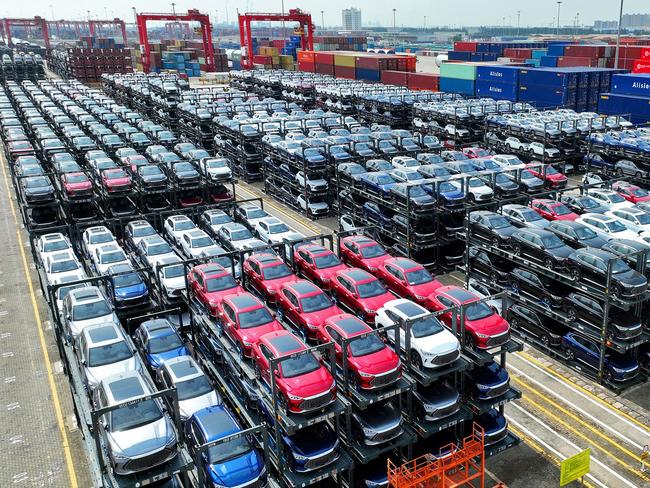
Prices for used Teslas have also plummeted as demand appears to slow, leaving many owners to cop lower re-sale prices than hoped.
But the used car market is likely just correcting from the absurd highs seen during the pandemic and in its aftermath.
Back then, a used Tesla was selling for more than a brand-new one because of long wait times of nine months or more.
Trend set to be short-lived
Demand for EVs in Australia might not be as a “exponential” as it was last year, but Hussein Dia, an expert in future urban mobility at Swinburne University of Technology, doesn’t see it falling dramatically.
“Over the past three years, we have doubled the number of EVs sold in Australia,” Professor Dia said. “It’s slower, but it’s not a disaster, in my opinion. And I don’t think the trend will continue.”
In Australia, the government is investing $500 million in a range of measures to drive EV take-up, including dramatically boosting the public charging network. State governments are also getting on board, like in New South Wales where kerbside chargers are popping up.
A new vehicle emissions standard has been passed by the parliament and comes into effect next year, putting pressure on carmakers to offer cleaner and more efficient cars in Australia, Dr Dwyer said.
“There is still a risk that the Australian market also plateaus and slows down, as we’ve seen in more developed markets.
“But the challenge will be making sure that Australia’s rollout of charging infrastructure really keeps pace, or goes faster than EV sales have been.”
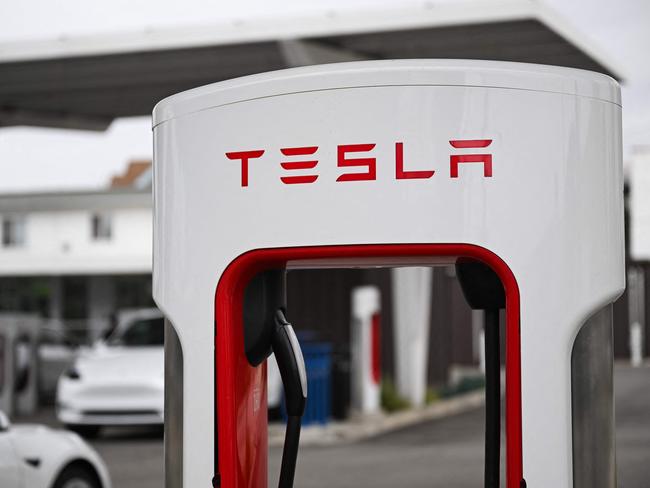
And for would-be EV buyers, the generous discounts will come as welcome news – especially if the price premium has been a barrier, as research shows it is for most.
“With prices coming down, it’s likely some people who were on the fence will make a move, so we could see demand lift again soon,” Professor Dia said.
The Elon effect
Mr Musk didn’t take kindly to his investor’s critique in April, firing a missive back on X, calling him “an idiot … [who] can’t even tell he’s an idiot”.
“There’s an issue with his language,” Park Thaichon, an associate professor of marketing at the University of Southern Queensland, said. “His tone and choice of words are poor for someone who’s leading a global company.”
Consumers of premium and prestige brands, which Tesla has traditionally positioned itself as, bristle at negative connotations, Dr Thaichon said.
“I think Tesla’s brand has changed remarkably in just a few years. It went from being innovative but caring about its customers and listening to them, to appearing to ignore customers all together.”
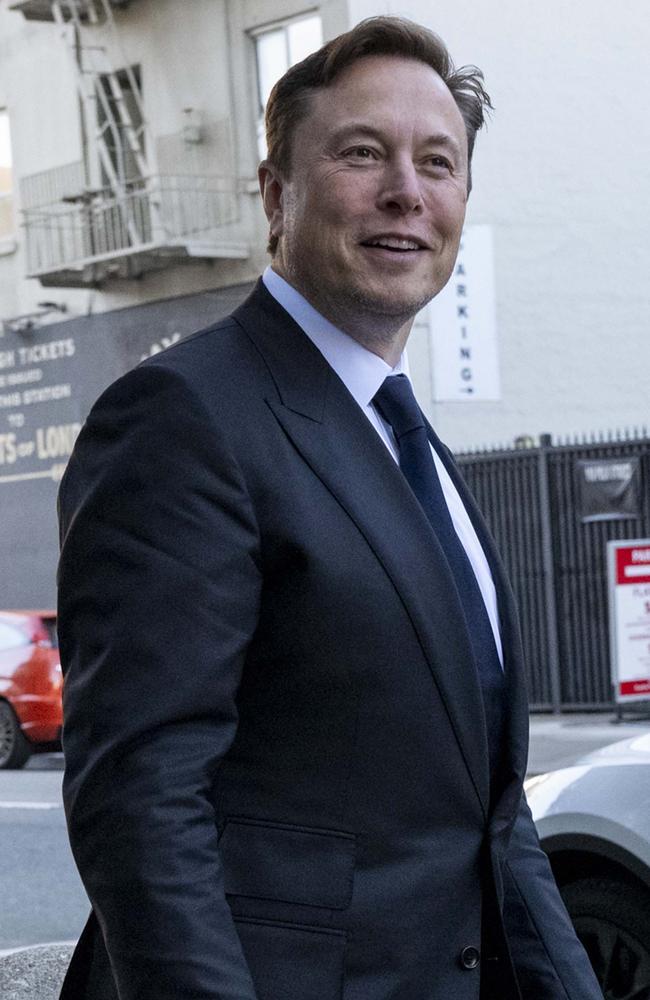
Jordan Marlatt, an analyst at Morning Consult, which tracks brand perception among American consumers, told the BBC that Mr Musk’s outspoken nature was impacting sentiment.
Generally speaking, Mr Marlatt said it takes three months for a brand to recover from reputational damage caused by some kind of politically charged incident.
“What’s different for Twitter and for Tesla is that steady drumbeat [from Musk],” he told the British broadcaster. “It’s every day, almost every hour sometimes.”
How much damage Mr Musk inflicts on demand is unclear.
But Tesla has also had to contend with near-saturation negative press surrounding the long-awaited release of its Cyber Truck model.
Countless issues, from breaking down in cold weather to body damage caused by rain and quality concerns over fixtures and fittings, have made the super tough pick-up truck something of a laughing stock.
Originally published as ‘Can’t sell its cars’: Horror news for Tesla owners as prices plunge





